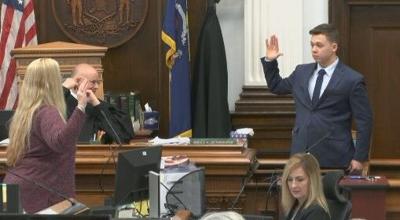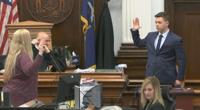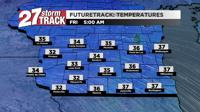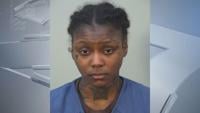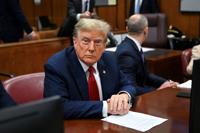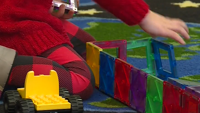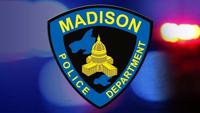Rittenhouse Testifies, Defense Asks for Mistrial

Kyle Rittenhouse is sworn in to testify at his trial.
KENOSHA (WKOW) -- It wasn't a given Kyle Rittenhouse would testify at his own trial. But he did Wednesday, and it led to several tense exchanges between the prosecution, the defense and the judge.
During his testimony, Rittenhouse said he shot three men in Kenosha on August 25, 2020, but he said he was acting in self defense.
"I didn't intend to kill them," he said. "I intended to stop the people who were attacking me."
Rittenhouse said he shot one of the men, Jason Rosenbaum, four times. Rosenbaum died after the shooting.
While the prosecution was cross-examining Rittenhouse, the lead prosecutor, Thomas Binger brought up evidence the judge had previously said he was inclined to not permit and asked Rittenhouse why he had previously not spoken out about what happened in Kenosha.
"You're an experienced trial attorney and you're telling me when a judge says 'I'm excluding this,' you just take it upon yourself to put it in because you think you found a way around it? Come on!," Kenosha County Circuit Court Judge Bruce Schroeder said.
Rittenhouse's defense attorneys also took issue with the questions.
"He's either forgetting the court's rulings or attempting to provoke a mistrial in this matter," Defense Attorney Mark Richards said. "He knows he can't go into this, and he's asking the questions."
Rittenhouse's defense team filed a motion for a mistrial with prejudice.
John Gross, a clinical assistant professor at the University of Wisconsin Law School, said a mistrial usually doesn't stop prosecutors from trying the case again.
"Typically, a mistrial does not bar re-prosecution," he said. "It's a declaration by the judge that the current trial couldn't end fairly, but we can select a new jury and the prosecution can continue."
However, that changes if a judge declares a mistrial with prejudice.
If that happens, the defendant can't be re-tried on the same charges using the same evidence.
Gross said proving prejudice because of prosecutorial misconduct requires the judge to believe the prosecutor intentionally broke the rules and that the prosecutor intended to cause a mistrial. He said that's a difficult thing to do.
"It's not an easy bar for the defense to meet," he said.
Though Schroeder said he would take the motion for a mistrial under advisement, Gross said he doesn't think the judge will grant the motion.
"It sounds to me, with the judge's discussion about when we're going to send the case to the jury, the judge, at this point, is not inclined to think that a mistrial is warranted and doesn't think that the prosecutor was acting in bad faith," Gross said.
The defense said it plans to call three more witnesses starting Thursday.
Schroeder told the jury they should expect for the trial to wrap up early next week.

